Apple iOS and Mac gifts: 2012 holiday guide
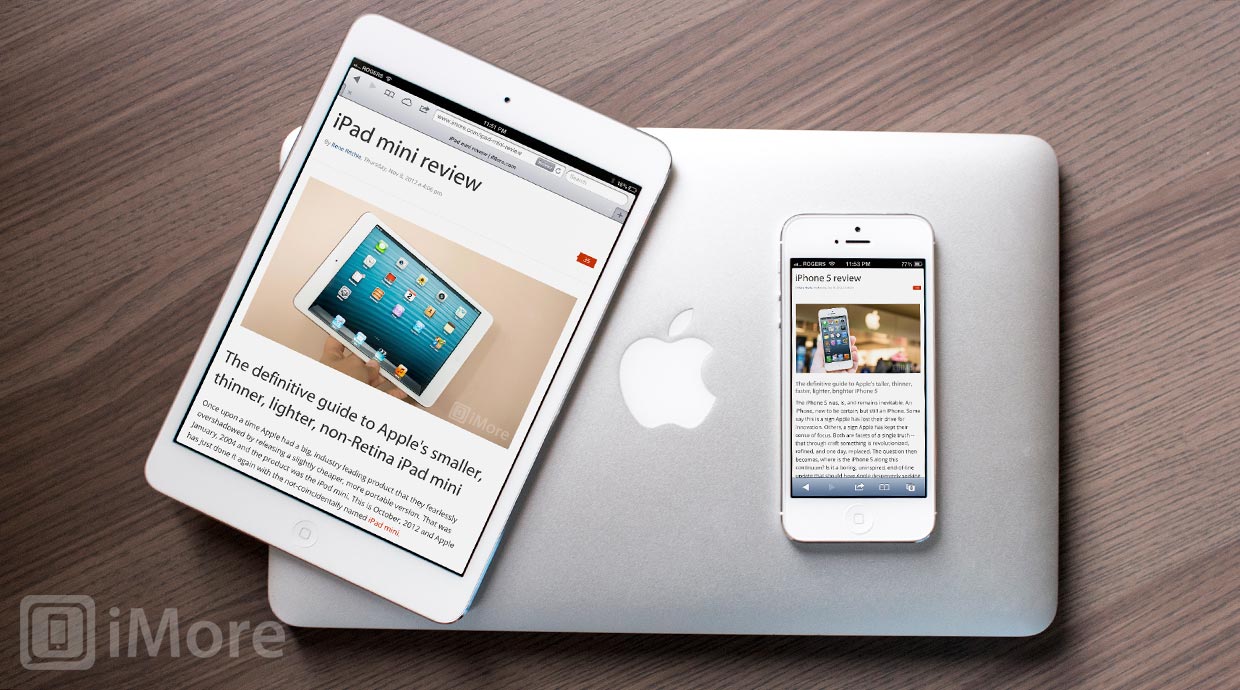
The definitive guide to great Apple gifts for Black Friday and the holidays!
We're entering what is, for many, the biggest shopping and gift-giving season of the year, and by virtue of their range, cachet, utility, and joyfulness, Apple gifts are always high on everyone's lists. But whether you're looking for that perfect present for that special someone, or just want to take advantage of the once-a-year sales for yourself, it can be a challenge to figure out exactly which Apple devices to get. When does an iPad mini make more sense than a full iPad? When does a MacBook Air? iPhone 5 or iPod touch? iMac or Mac Pro? Which Apple device is best for you and yours? These are the among the questions we get asked the most often, and with Black Friday just around the corner, here are our answers!
iPod shuffle
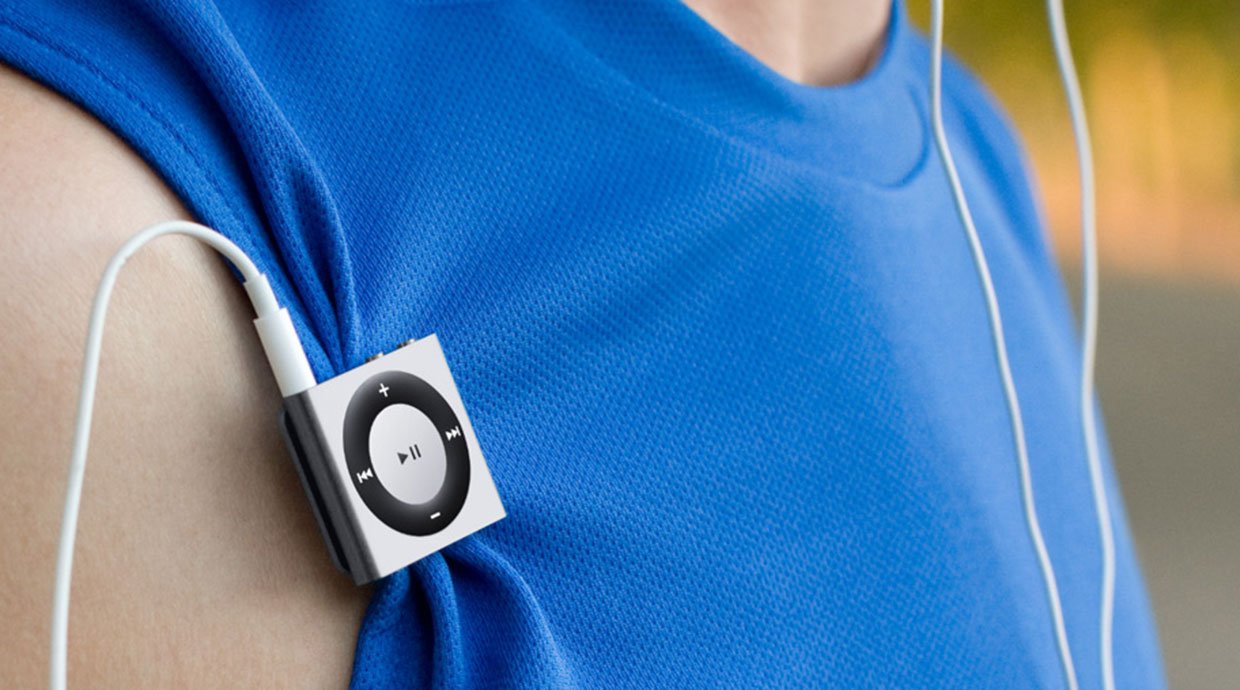
If you need an ultra-light, ultra-cheap way to take just your audio with you, you want the iPod shuffle
Pros: 2GB of storages (enough for hundreds of songs), 15 hours of battery life. Convenient clip, available in blue, green, yellow, pink, purple, slate (black), silver (white), and red (Apple Store exclusive). Weighs on 12.5 grams, costs only $49.
Cons: Requires a tethered connection to a Windows or Mac PC running iTunes to transfer audio files and playlists. No screen, no videos, no apps.
Bottom line: Whether you're exercising or traveling, if you want just enough music, podcasts, and audiobooks to get you through your workout or work day, and not care if you lose it, get the iPod shuffle.
- $49.99 - Buy now
iPod classic
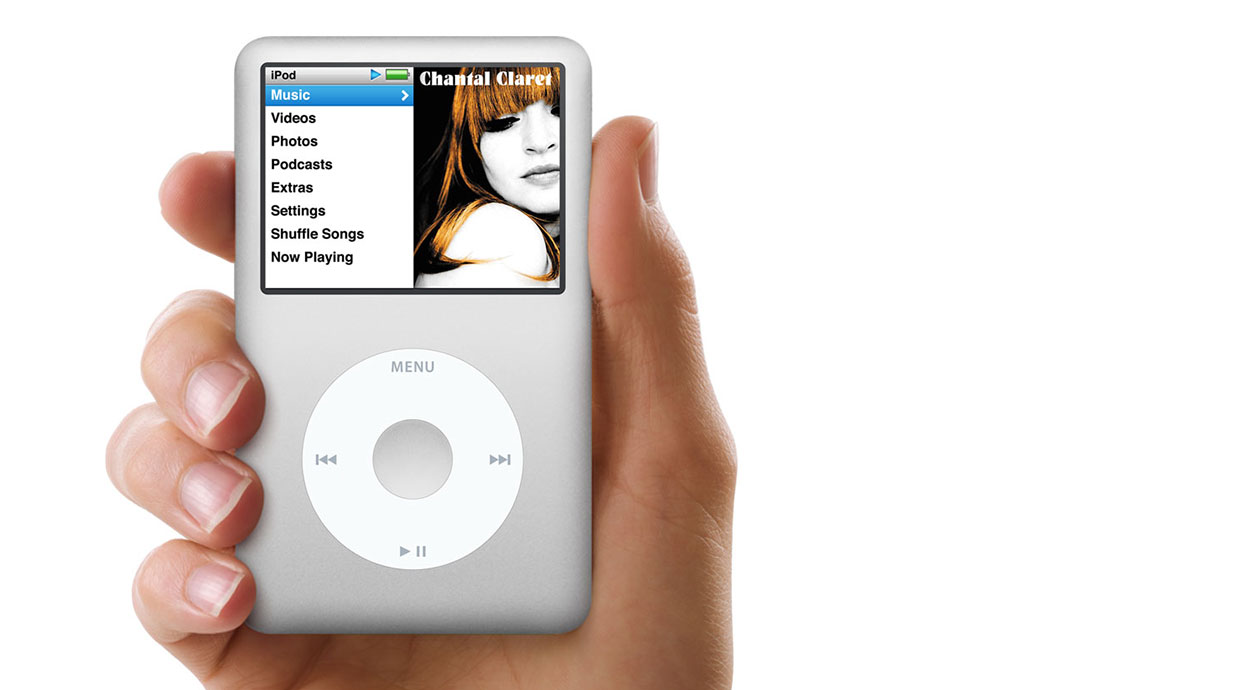
If you need 160GB of music and video in your pocket, you want the iPod classic
Pros: Can hold 40,000 songs or 200 hours of video. 36 hours of battery life. Can store photos, play extremely limited games.
Cons: Requires a tethered connection to a Windows or Mac PC running iTunes to transfer audio files and playlists. Small screen, no App Store.
Bottom line: If you're a serious audiophile with serious audio collection, and want all of it in your pocket, get the iPod classic.
Master your iPhone in minutes
iMore offers spot-on advice and guidance from our team of experts, with decades of Apple device experience to lean on. Learn more with iMore!
- $249 - Buy now
iPod nano
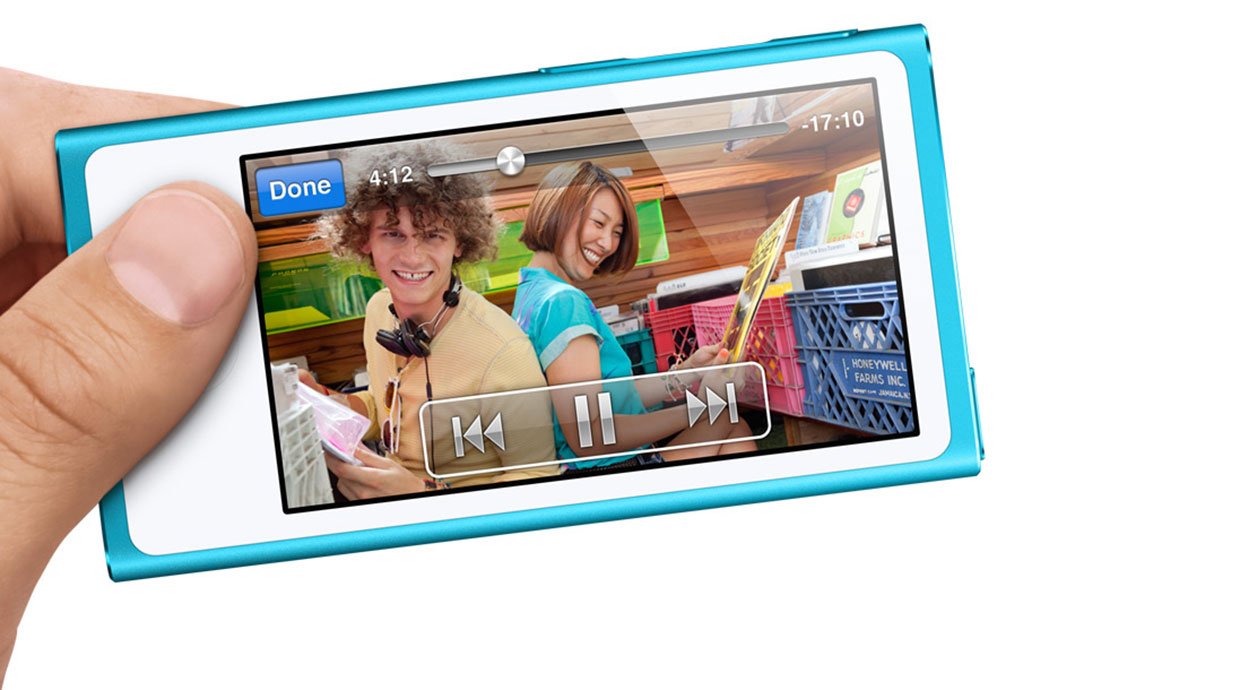
If you need your music and media on the go but don't need apps, you want the iPod nano
Pros: 2.5-inch multitouch display. 16GB of storage. Includes apps for music, podcasts, video, exercise (pedometer, Nike+). Includes Bluetooth and FM radios. Available in blue, green, yellow, pink, purple, slate (black), silver (white), and red (Apple Store exclusive). Weighs only 31 grams. Costs only $149.
Cons: Requires a tethered connection to a Windows or Mac PC running iTunes to transfer audio files and playlists. No Wi-Fi, no iCloud. Built-in apps only, no iOS, App Store. No 32GB option.
Bottom line: If an iPod touch is just too much, and all you want is a good amount of audio and video to keep you company at the gym, on a run, or on a trip, in the absolute smallest, lightest package available, get the iPod nano.
- $149 - Buy now
iPod touch
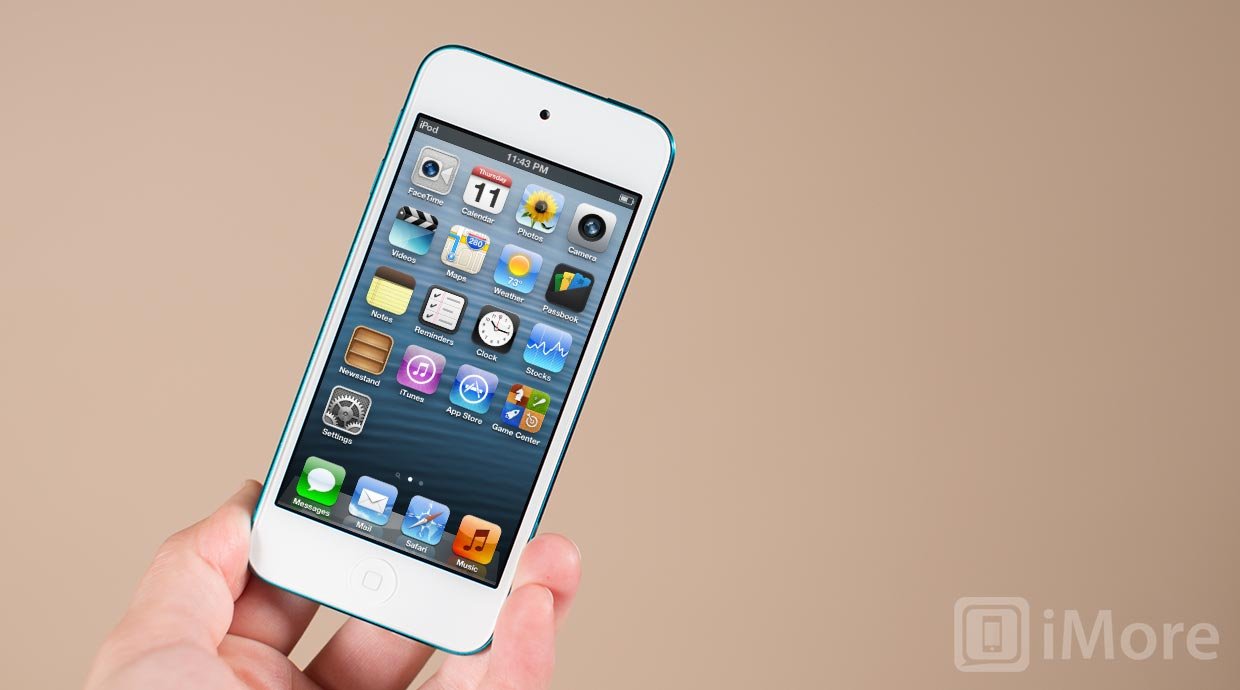
If you need incredibly mobile computing but don't want another phone or phone bill, you want the iPod touch
Pros: 4-inch Retina display. Shoots 5mp photos and takes 1080p videos. 32GB and 64GB options. Available in slate (black), silver (white), pink, blue, and red (Apple Store exclusive). Runs iOS, can play audio and video, read ebooks, and run hundreds of thousands of App Store apps and games.
Cons: No cellular option (3G/LTE). Smaller screen than iPad line.
Bottom line: If an iPhone and all its apps would be perfect but you just don't want or need a phone, get the even thinner, lighter iPod touch.
- Starting at $299 - Buy now
Note: If you don't care about the latest and the greatest, you can grab the 2010/2011 model with a worse screen and really bad cameras, and save $100.
iPhone
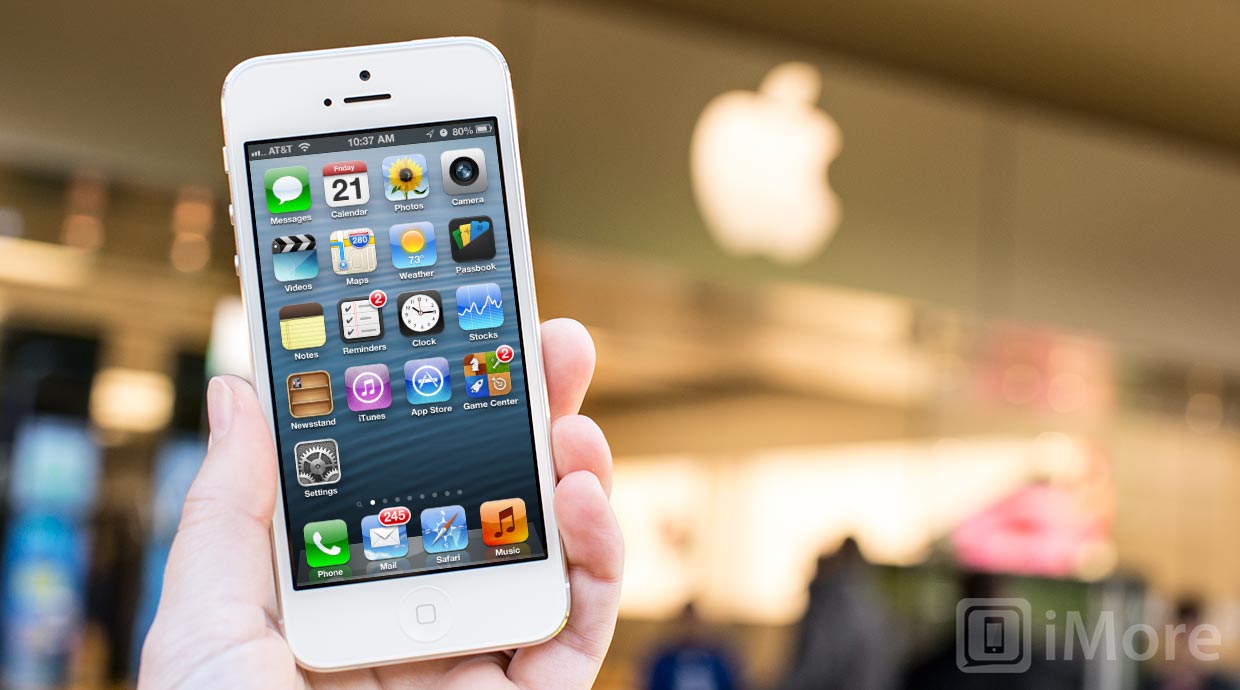
If you need a phone with all your apps and media, and need it to just work, you need an iPhone
Pros: 4-inch Retina display. Shoots 8mp photos and takes 1080p videos. 16GB, 32GB and 64GB options. Available in slate (black) and silver (white). Runs iOS, can play audio and video, read ebooks, and run hundreds of thousands of App Store apps and games. Subsidized prices start at $199 on contract.
Cons: Requires a carrier voice and data plan.
Bottom line: If you need a phone, the iPhone can literally be your one iOS device to rule them all. If you need the ultimate in convergence, with mobile web, apps, and communications all in one place, get the iPhone.
More info: iPhone 5 review & feature guide
- Starting at $199 - Buy now (Gift card link)
Note: If you don't mind a shorter screen and no LTE, you can save $100 and get a 2011 iPhone 4S instead. If you don't mind a shorter screen, no LTE, no Siri, and worse cameras, you can save $200 and get a 2010 iPhone 4 instead.
iPad mini
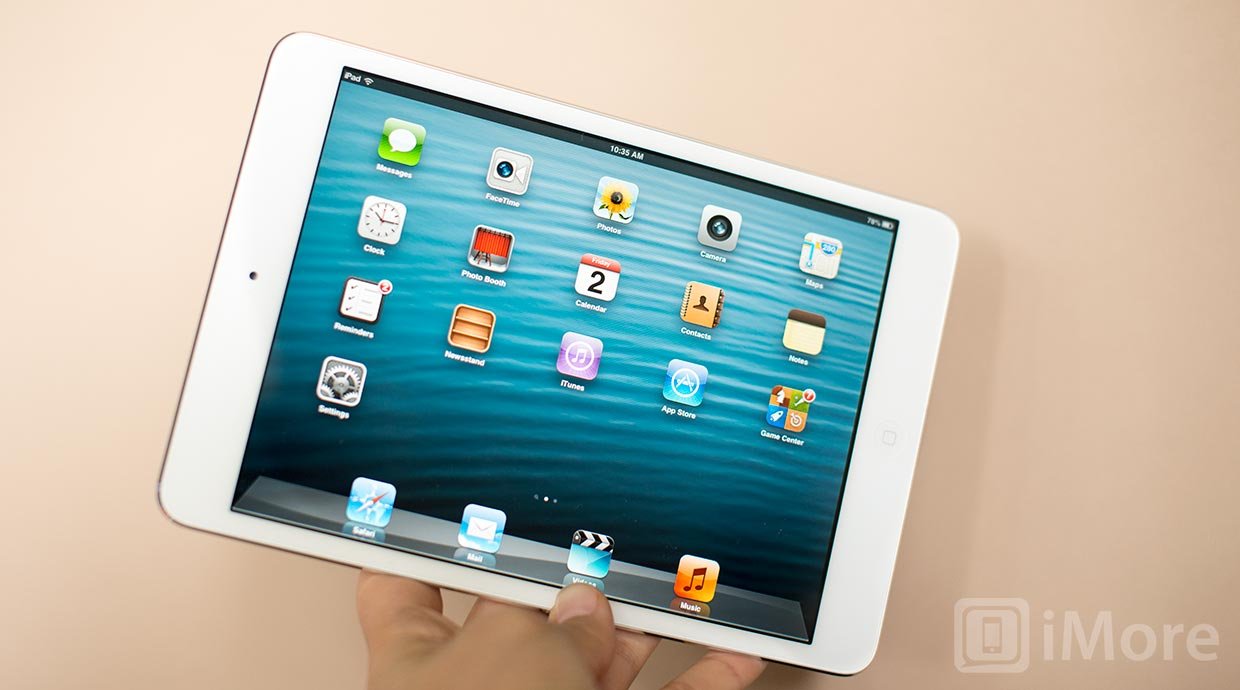
If portability is more important to your than power or productivity, you want an iPad mini
Pros: 7.9-inch screen. Shoots 5mp photos and takes 1080p videos. 16GB, 32GB, and 64GB options. Available in slate (black) or silver (white). Plays audio and video, reads ebooks. Runs iOS, all App Store apps, including hundreds of thousands of tablet-specific iPad apps. Fits in purses, large jacket pockets. Weighs 308 grams. Starts at $329. Cellular/LTE available.
Cons: No Retina display, smaller screen and less powerful than iPad 4.
Bottom line: If you want a tablet but the full-sized iPad is just too big and too heavy, get the iPad mini.
More info: iPad mini review & feature guide
- Starting at $329 - Buy now
iPad
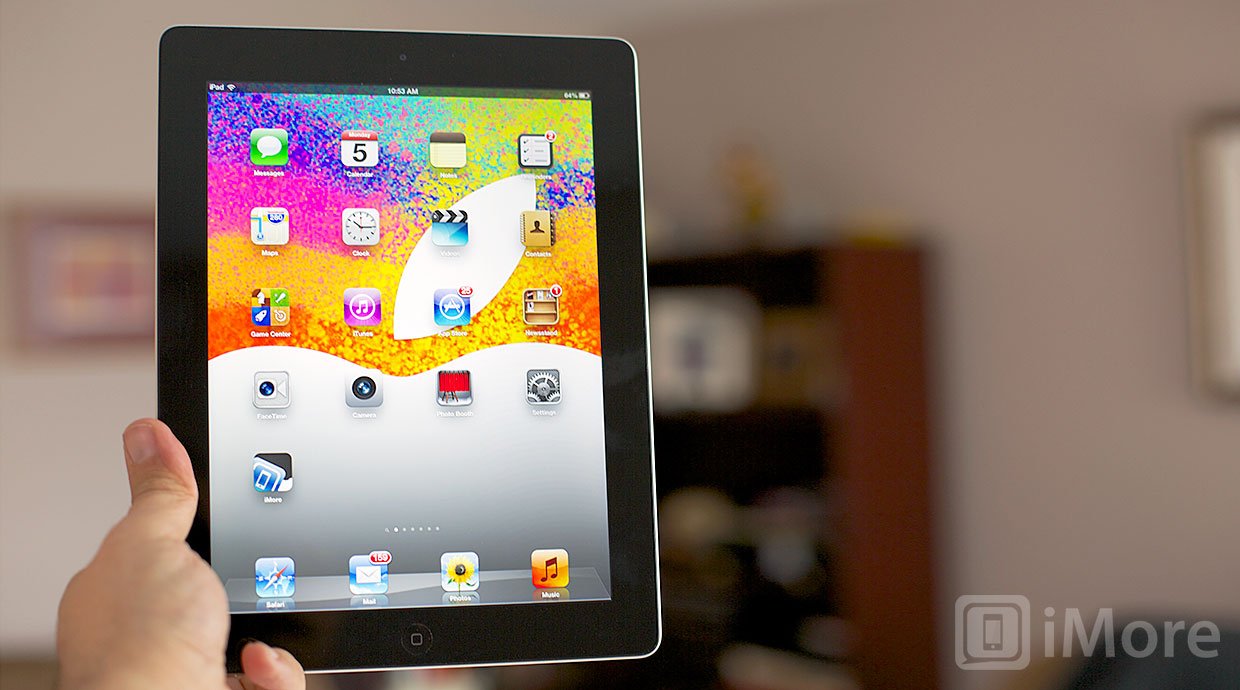
If you need to do computing but don't want to lug around a laptop, you want an iPad
Pros: 9.7-inch screen. Shoots 5mp photos and takes 1080p videos. 16GB, 32GB, and 64GB options. Available with black or white front plates. Plays audio and video, reads ebooks. Runs iOS, all App Store apps, including hundreds of thousands of tablet-specific iPad apps. Weighs 652 grams. Starts at $499. Cellular/LTE available.
Cons: Heavier than iPad mini, not as functional as a full MacBook for power users.
Bottom line: If you don't need a laptop but still want a big screen and a powerful, convenient way to get a lot of things done, get an iPad 4.
More info: iPad 4 review & feature guide
Note: If you don't care about the latest and the greatest, you can grab the 2010/2011 iPad 2 with a worse screen, no LTE, and really bad cameras, and save $100.
- Starting at $499 - Buy now
Note: If you don't care about the latest and the greatest, you can grab the 2011 iPad 2 with a worse screen and really bad cameras, and save $100.
MacBook Air
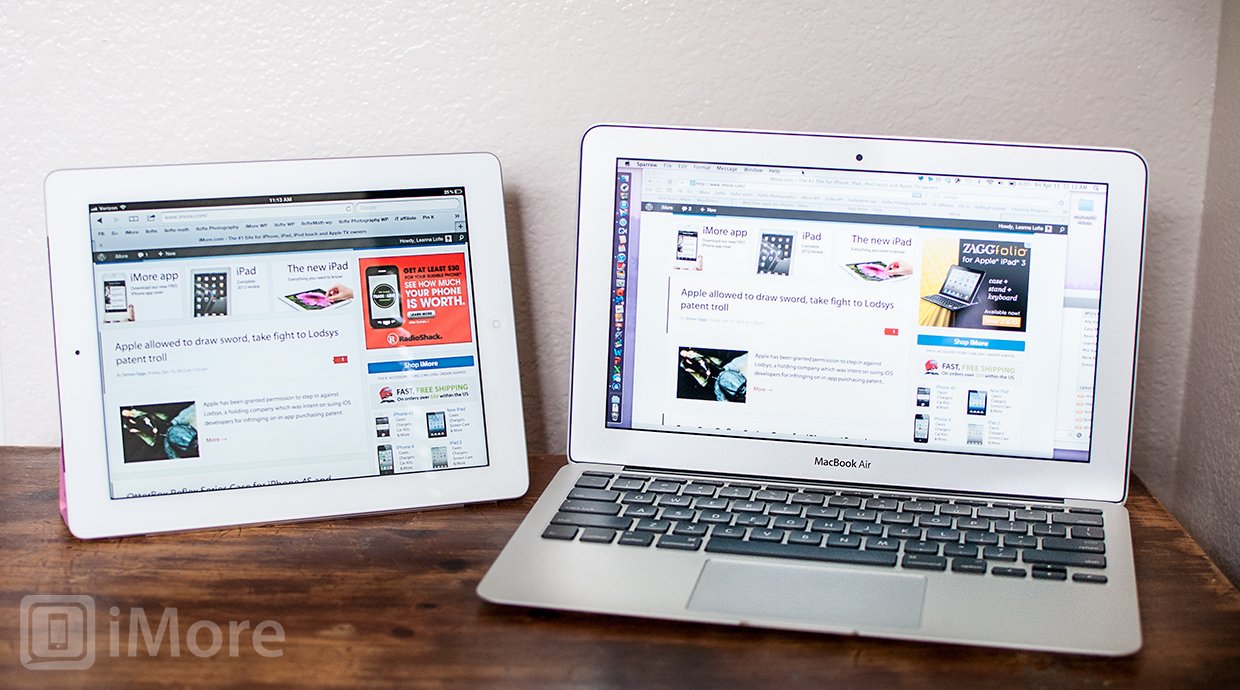
If you need a full computer but portability is more important than power, get the MacBook Air
Pros: 11 or 13-inch screen. Intel i5 or i7 processors. USB 3 and ThunderBolt ports. 4GB or 8GB or RAM. 64GB/128GB or 128GB/256GB storage options. Runs OS X and full desktop-class software. Weighs only 1.08 kg or 1.35 kg. 5-hours or 7-hours of battery life. Starts at $999.
Cons: No Retina display, no optical drives, lack of high-powered graphics options hinders some types of software.
Bottom line: If you want something portable but still need to be able to run Office, Photoshop, Xcode, etc., get a MacBook Air. If you need maximum portability, get the 11-inch model. If you need maximum pixels, get the 13-inch model.
- Starting at $999 - Buy now
MacBook Pro
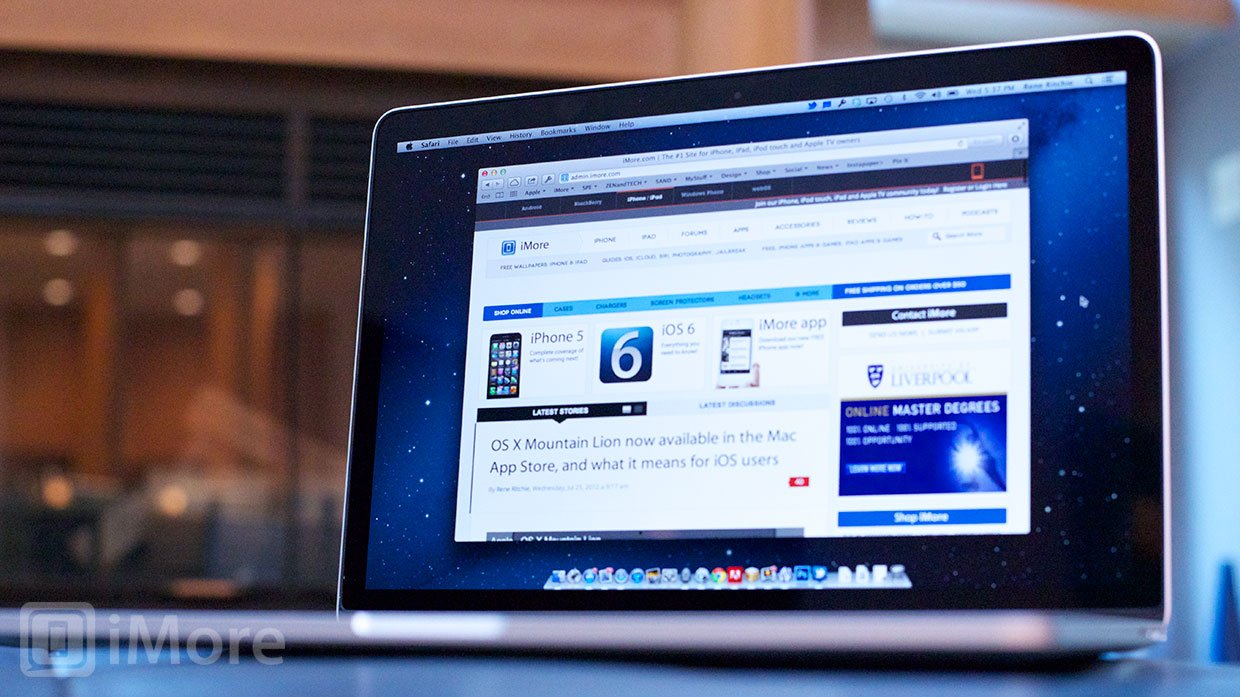
If you need a powerful computer that's still portable, you want the MacBook Pro
Pros: 13- or 15-inch Retina displays. Dual-core i5 or quad-core i7 processors. USB 3 and ThunderBolt ports. 8GB or 8 GB/16GB of RAM. 128GB/256GB or 256GB/512GB of storage. 7-hour batter life. Weighs only 1.62 kg or 2.02 kg. Starts at $1699.
Cons: Retina saps a lot of graphics power. No optical drives.
Bottom line: If you want the state-of-the-art of laptops with the best displays in the business and power to match, get a MacBook Pro.
- Starting at $1699 - Buy now
Note: If you don't want a Retina display but do want a DVD drive, you can save some money and by the standard 13- or 15-inch (non-Retina) MacBook pros.
Mac mini
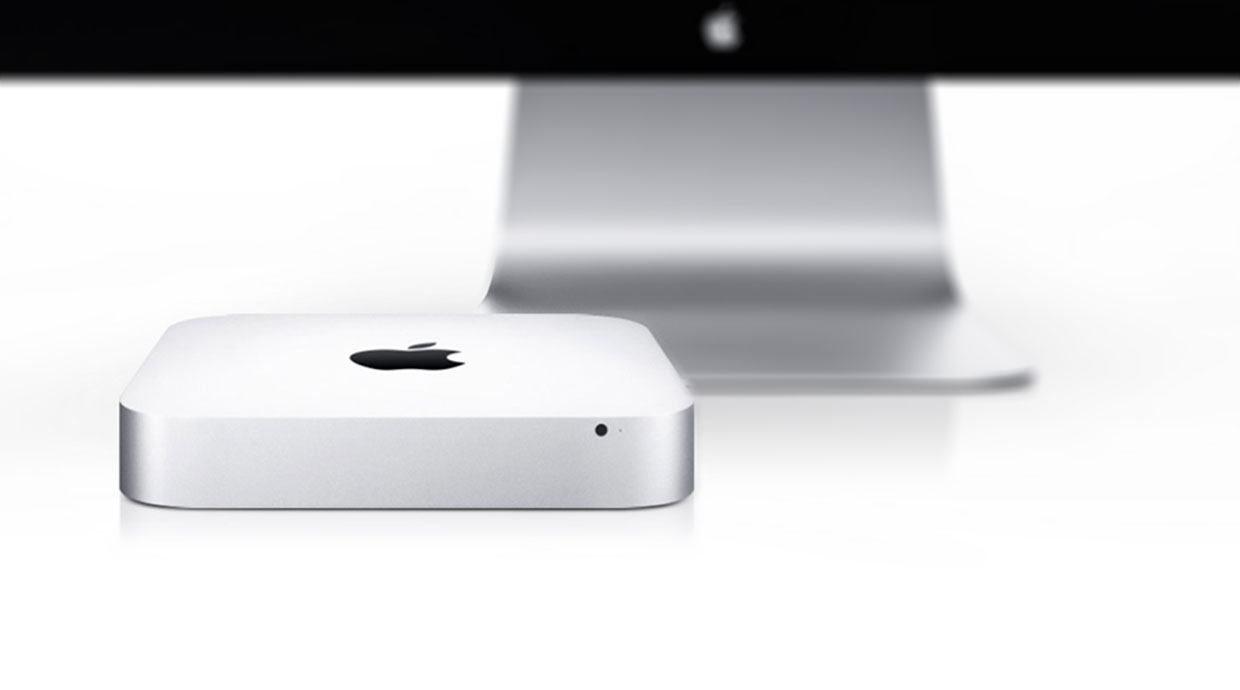
If you need a small Mac you can slide into any setup or workflow, you want the Mac mini
Pros: Dual-core i5 or quad-core i7 processors. USB 3, Ethernet, HDMI, FireWire 800, and ThunderBolt ports. 2GB, 8GB, or 16GB of RAM. Conventional hard drive, SSD, or Fusion Drive options. Starts at $599.
Cons: Requires separate display. No internal expansion ports.
Bottom line: If you want a Mac for you server rack or home server closet, to add to an existing PC setup, or to use as a home theater, get a Mac mini.
- Starting at $599 - Buy now
iMac
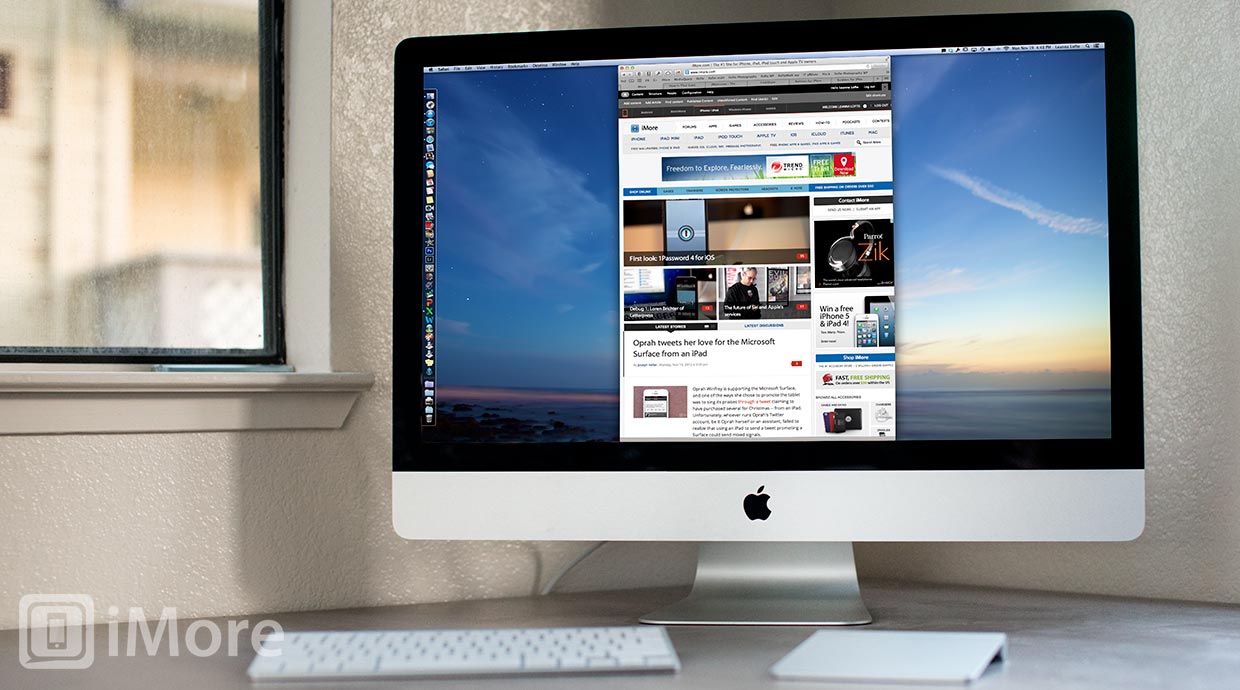
If you need full desktop power in an all-in-one package, you want the iMac
Pros: 21.5- and 27-inch displays. Quad-core i5 or quad-core i7 processors. 8GB or 16GB of RAM. Conventional hard drive, SSD, or Fusion Drive options. GT 640M, GT 650M, GTX 660M, GTX 675MX, or GTX 680MX graphics options. Ethernet, UBS 3, and ThunderBolt ports. Incredibly thin design.
Cons: No internal expansion ports.
Bottom line: If you want an incredibly powerful Mac wrapped in an incredibly elegant design, get an iMac.
Mac Pro
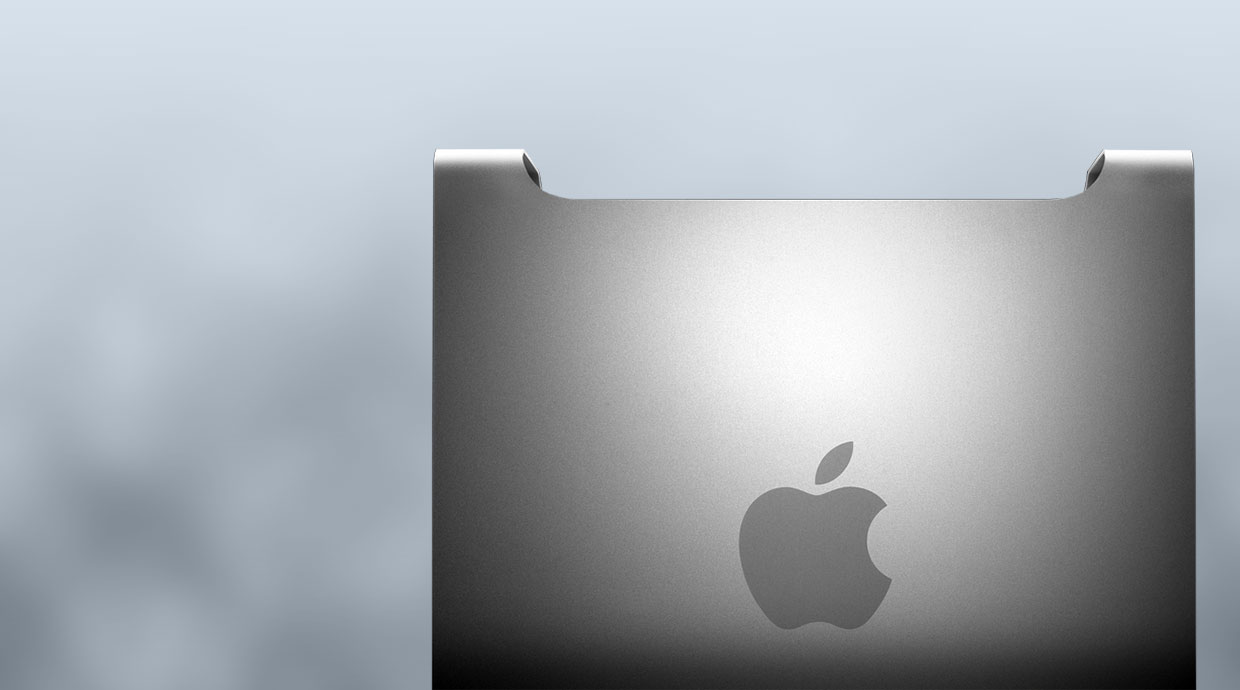
If you need the maximum power and flexibility of a tower computer, you want the Mac Pro
Pros: Configurable up two 2.4GHz 6-core Intel Xeon E5645 processors, 64GB of RAM, 8TB of internal storage, 2 optical drives, 2 ATI Radeon HD 5770 or 1 ATI Radeon HD 5870 graphics cards, USB 2 and FireWire 800 ports.
Cons: Requires separate display. No USB 3 or ThunderBolt ports. Architecture hasn't been updated in a long, long time.
Bottom line: If you need a Mac with as many cores as possible, and want to be able to swap expansion cards, internal drives, and upgrade graphics cards, get a Mac Pro.
Your perfect Apple gift?
Are you buying anyone an iOS or Mac gift this year? Are you hoping to get one? Let me know what you're giving or looking to receive! What's your perfect Apple gift?

Rene Ritchie is one of the most respected Apple analysts in the business, reaching a combined audience of over 40 million readers a month. His YouTube channel, Vector, has over 90 thousand subscribers and 14 million views and his podcasts, including Debug, have been downloaded over 20 million times. He also regularly co-hosts MacBreak Weekly for the TWiT network and co-hosted CES Live! and Talk Mobile. Based in Montreal, Rene is a former director of product marketing, web developer, and graphic designer. He's authored several books and appeared on numerous television and radio segments to discuss Apple and the technology industry. When not working, he likes to cook, grapple, and spend time with his friends and family.
